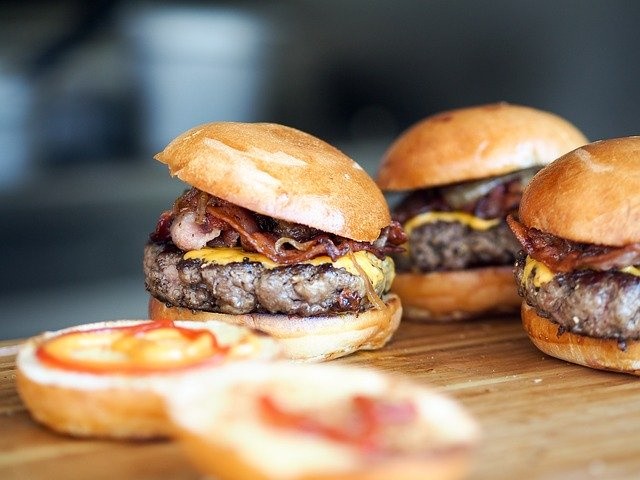
There's a reason why we love junk food so much. That greasy pizza and crunchy cheesy chips trigger effects on the brain, making it hard for people to resist them.
Same with other addictions, food addiction is a real deal. Here are some preparatory steps to get you started in conquering your food addiction.
How to Overcome Food Addiction
Overcoming food addiction starts with yourself. Usually, there would be a self-assessment reviewing your diet and wanting actually to cut out on the unhealthy junk food. It may be hard because your favorite junk food may also be your comfort food. But there's always the first step to doing things, and having an optimistic mindset can get you going.
Health experts identify the condition of food addiction through a display of behavioral symptoms, indicating what is purported.
The common symptoms of food addiction include frequent cravings of a particular food. This can occur even after finishing a full and nutritious meal.
Another symptom is the repeated attempts of trying to eat particular food from your diet. These attempts usually are unsuccessful for those who are suffering from food addiction.
In worse cases, food addiction is also evident if you don't want other people to know you're eating unhealthy food.
It may seem less harmful than other addictions, but food addiction is recognized as a real threat to threat. The symptoms and also the thought processes displayed and experienced by one suffering a food addiction is similar to drug abuse. Food addiction can lead to chronic health diseases such as obesity and type 2 diabetes.
Food addiction may also affect a person's self-esteem and emotional stability.
The First 4 Steps
Overcoming food addiction may seem impossible, but many people have already done it. Here are the first few steps in saying goodbye to an unhealthy lifestyle.
1. Identify your trigger foods. List down the food you oh, so, love. What you often crave despite already eating a full meal, can be considered as a trigger food. It is essential to identify which foods you should avoid.
2. Avoid fast-food restaurants. They may be cheap and accessible, as every block seems to have a nearby McDonald's, but the junk food that you cannot help resist is often found in these fast-food chains. To prevent this, you can resort to premade lunches. It is the most ideal if you cook your own food. However, if that is not possible, take note of the healthy options offered in fast food restaurants.
3. Plan everything out. You may want to consult a dietician or health experts, or even your doctor for a diet recommendation. This is a big step in the transition, but it is essential to know what you should eat as you overcome food addiction.
4. Do not immediately go on a diet. The transition is just as important as the actual weight loss process.
Don't be Afraid to Ask for an Expert's Help
Some people managed to overcome food addiction by themselves. However, in severe cases, consider consulting the health of an expert as their medical intervention might be necessary.
Aside from that, there are support groups that can offer much personal insight and support. A psychologist or psychiatrist who has experience in dealing with patients who suffered the same condition can provide excellent one-on-one support.
ALSO READ : 6 Harmful Low-Fat Foods You Should Be Aware Of
© copyright 2024 Food World News, a property of HNGN Inc. All rights reserved. Use of this website constitutes acceptance of our terms and conditions of use and privacy policy.









